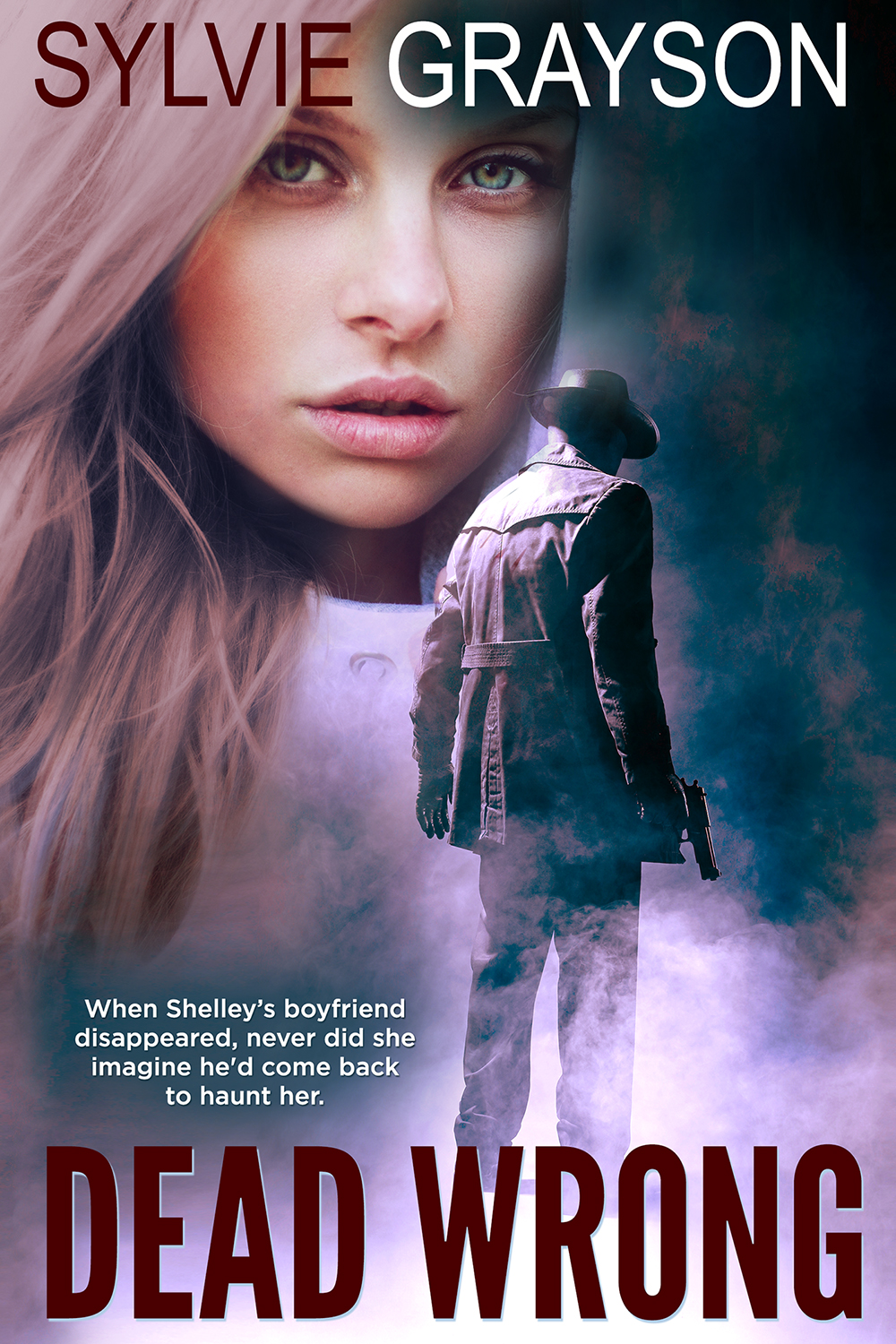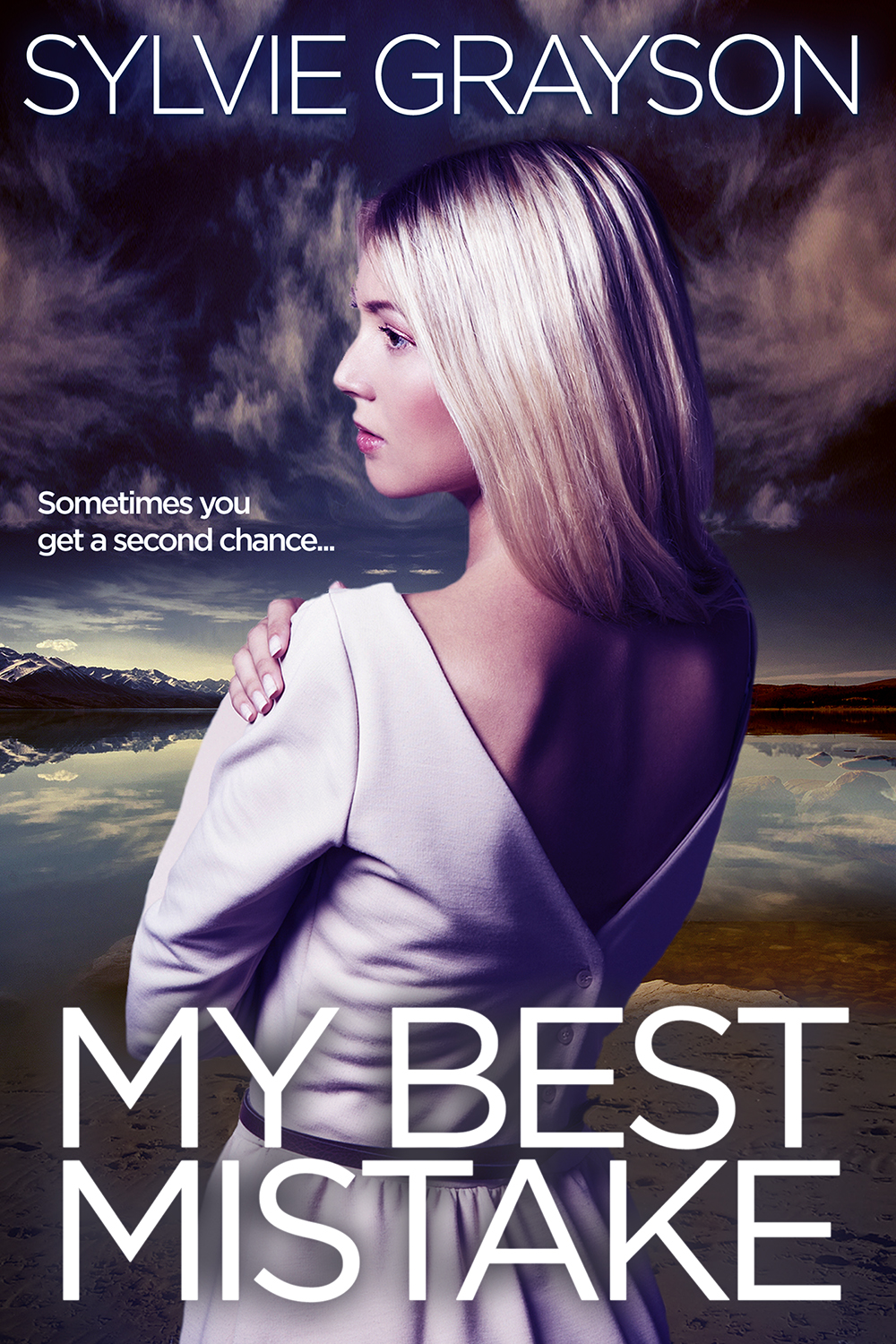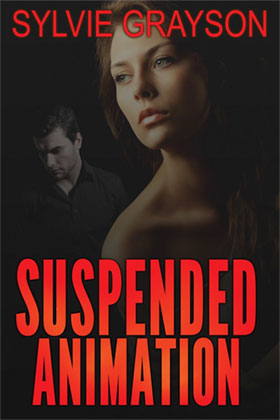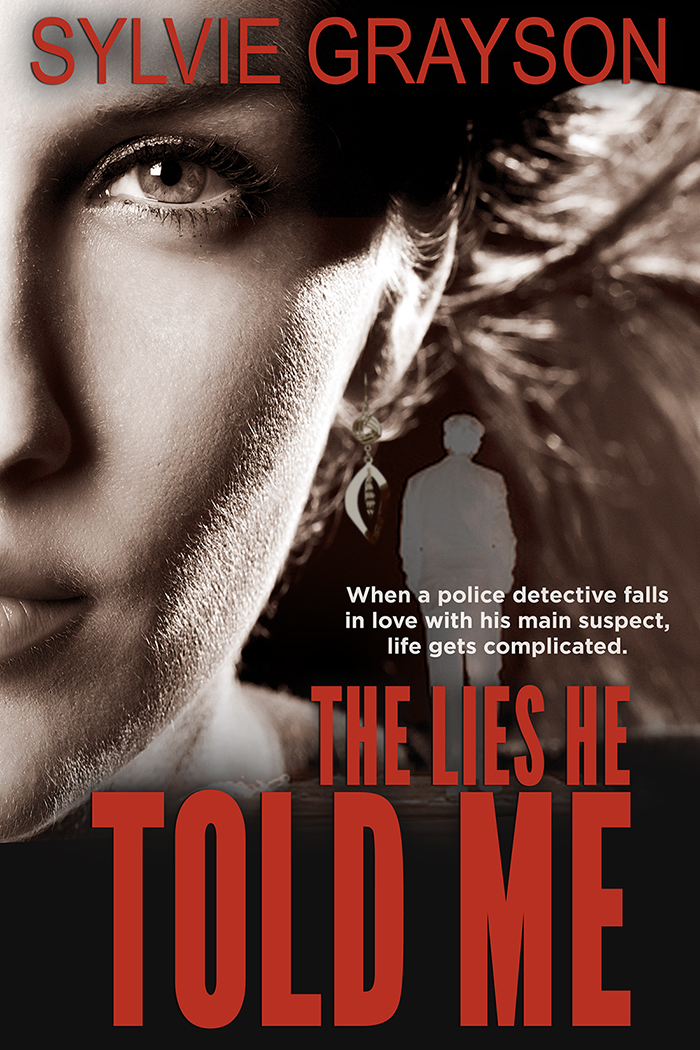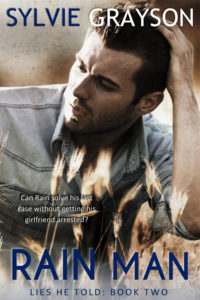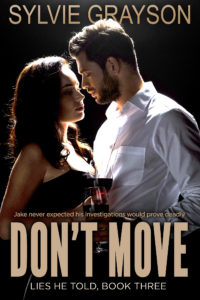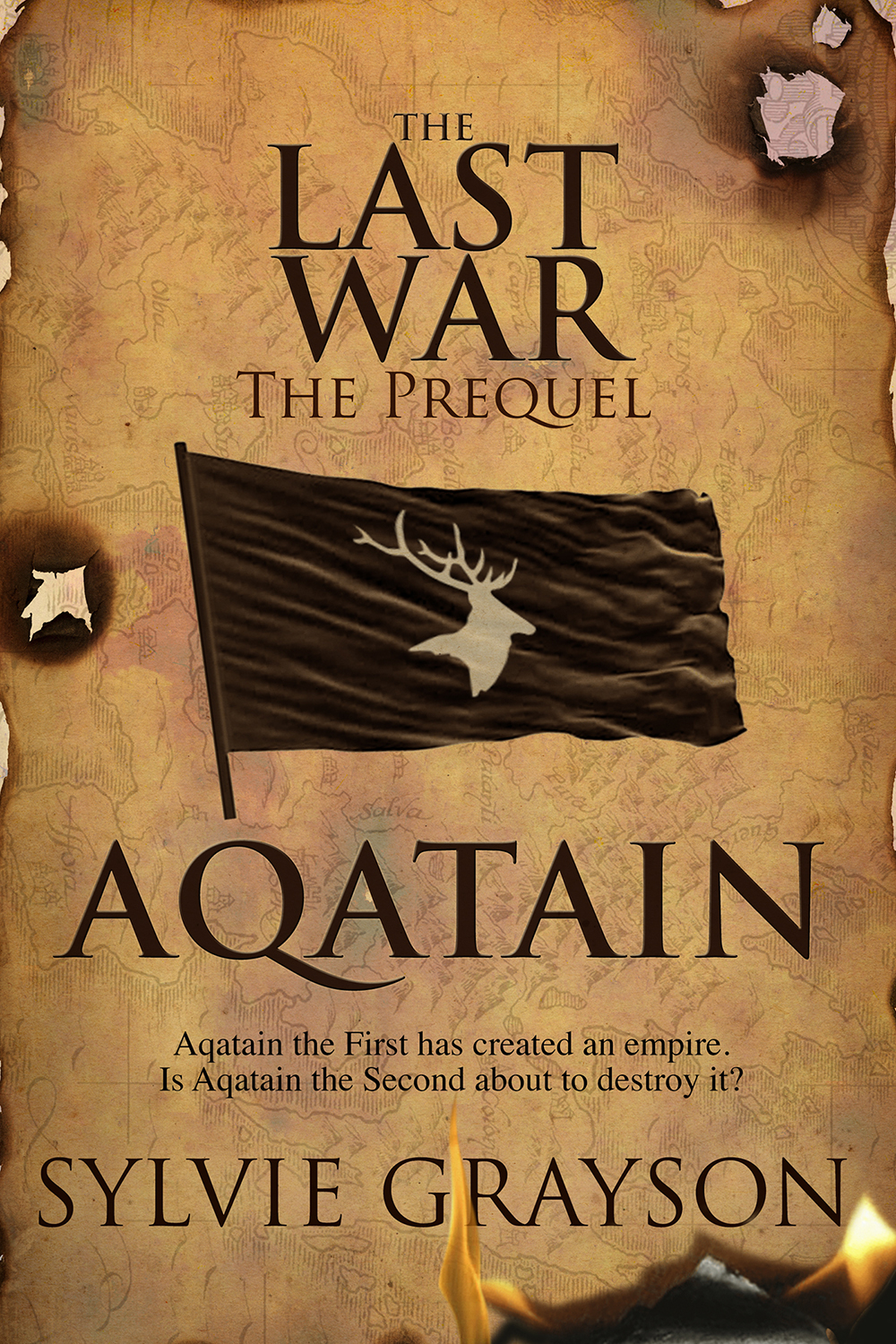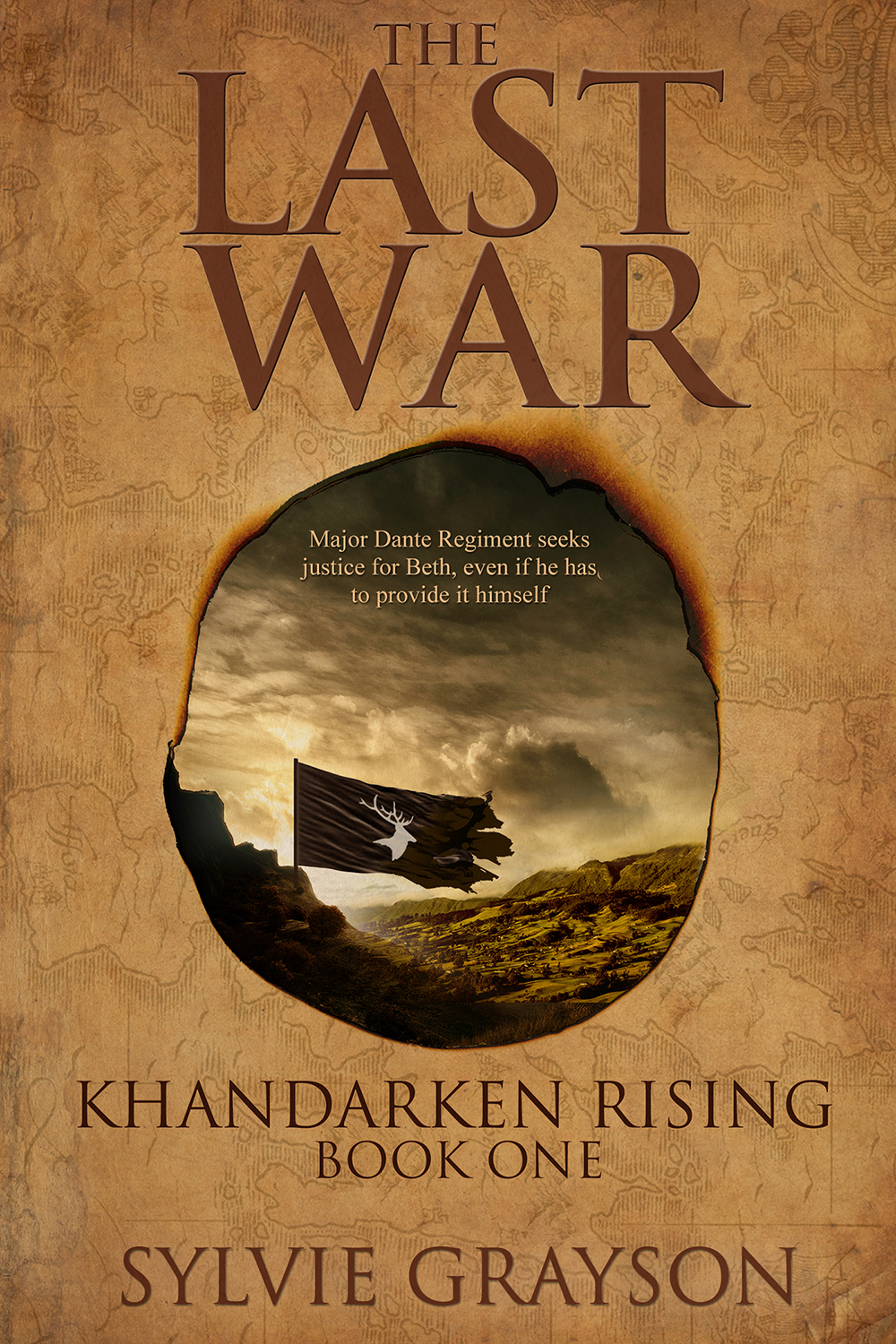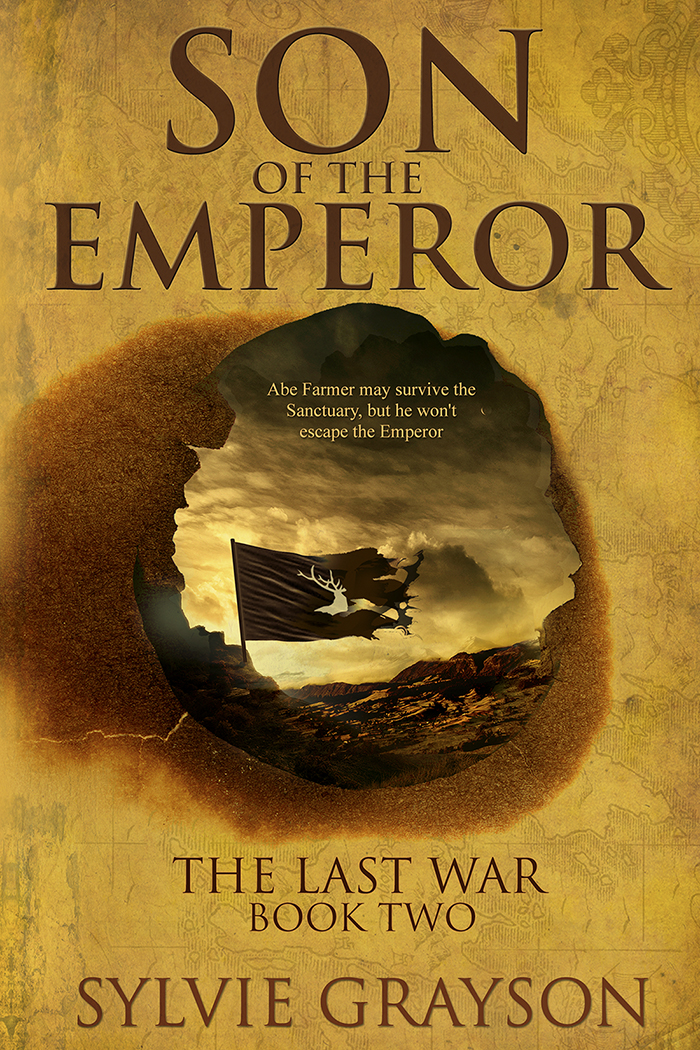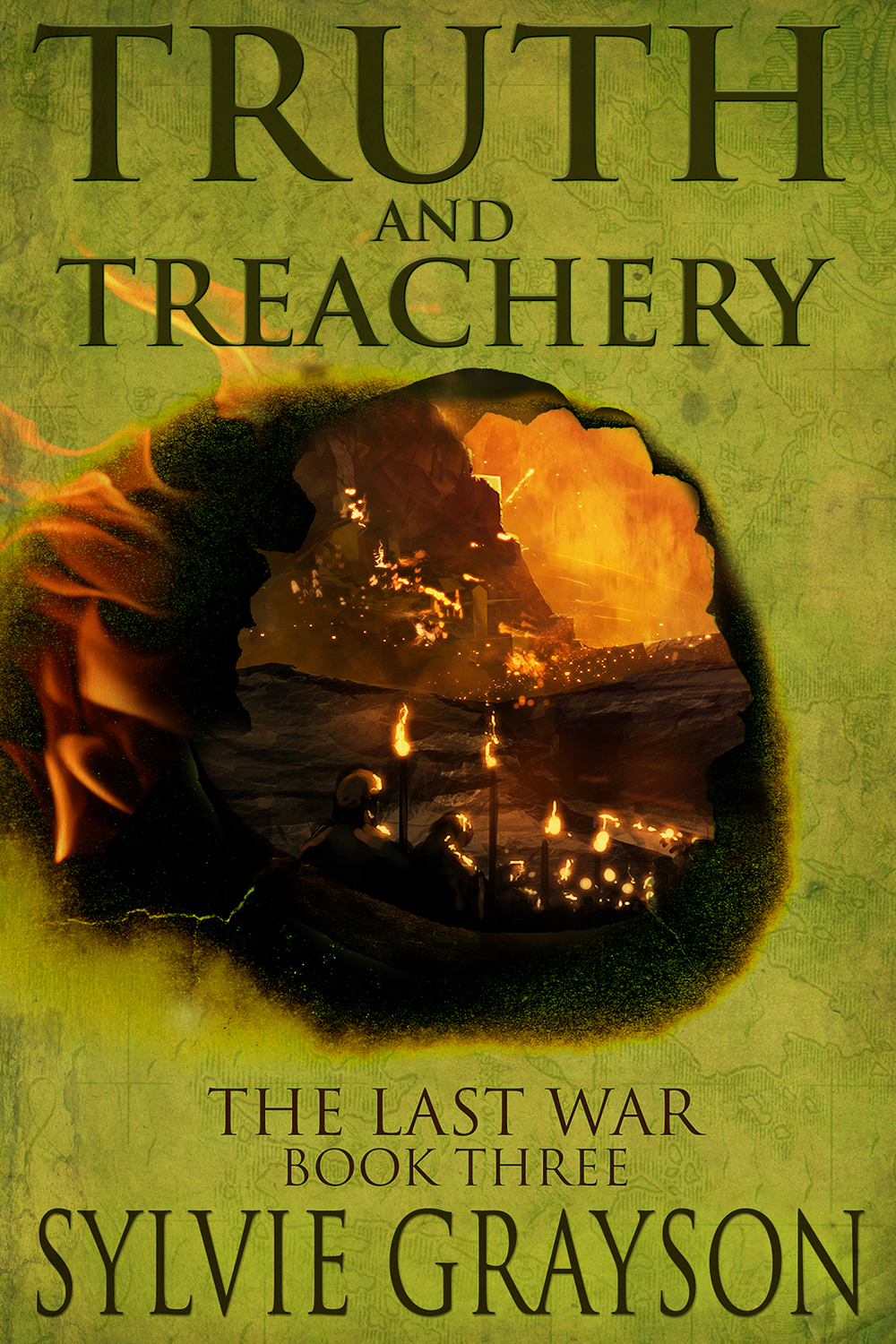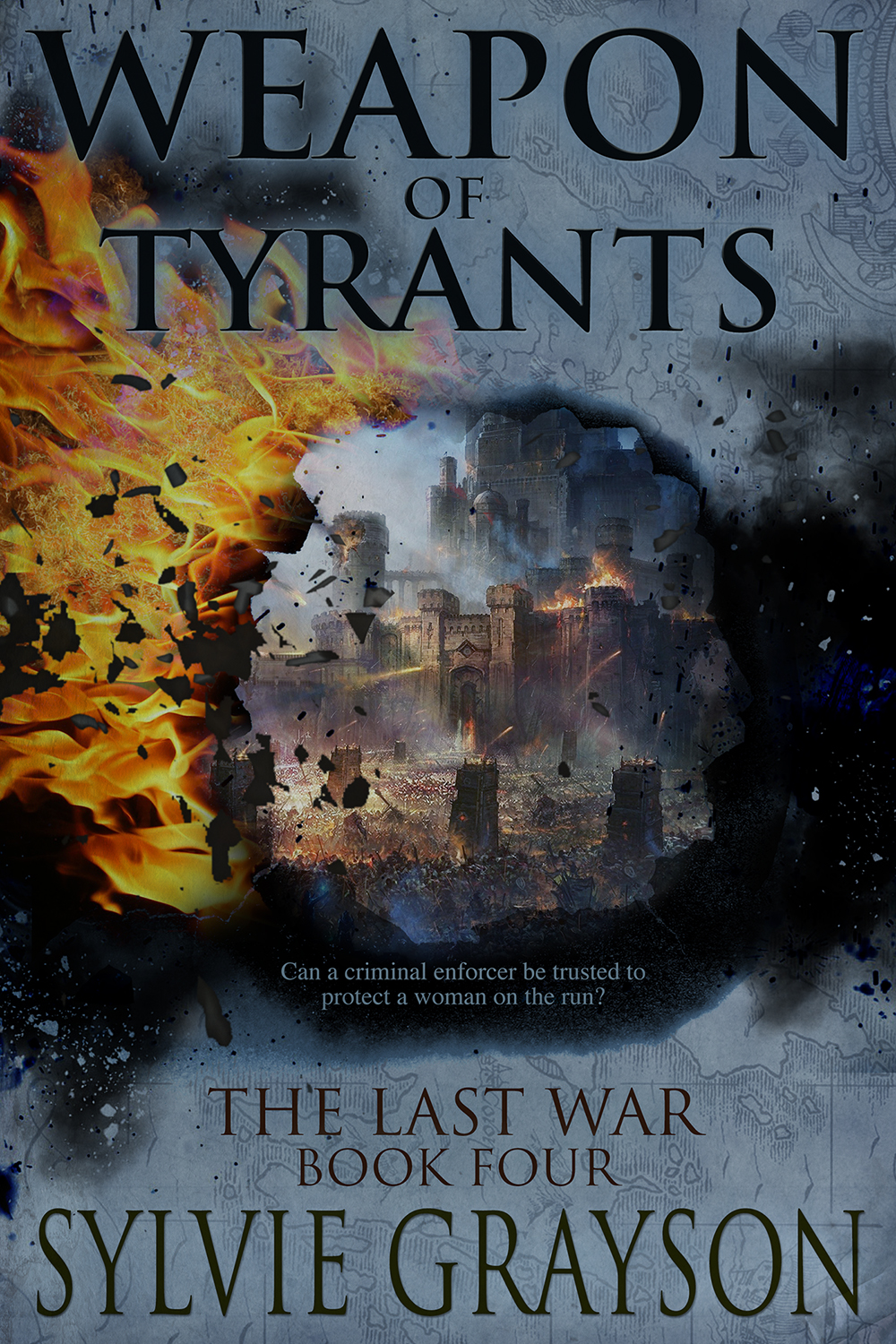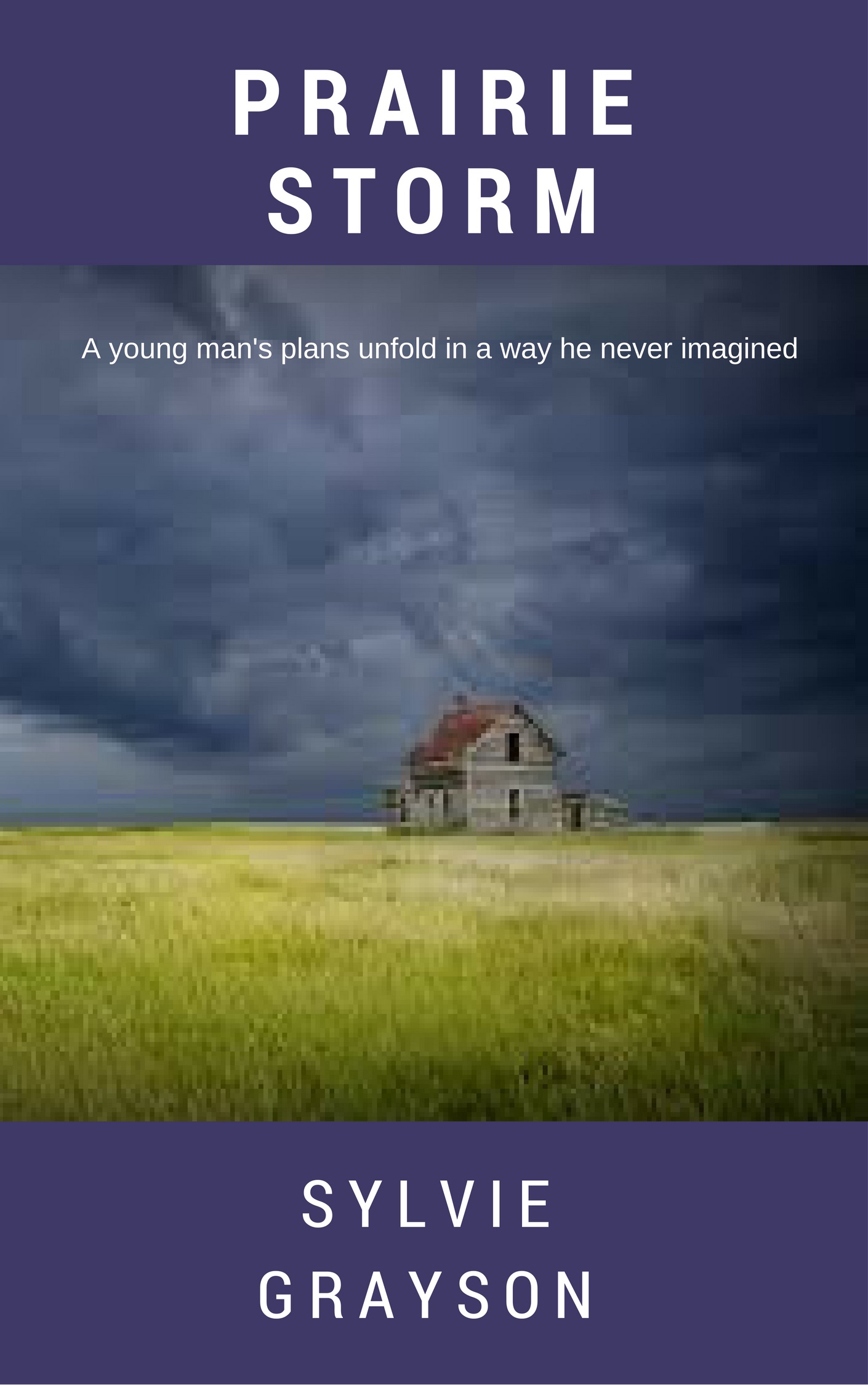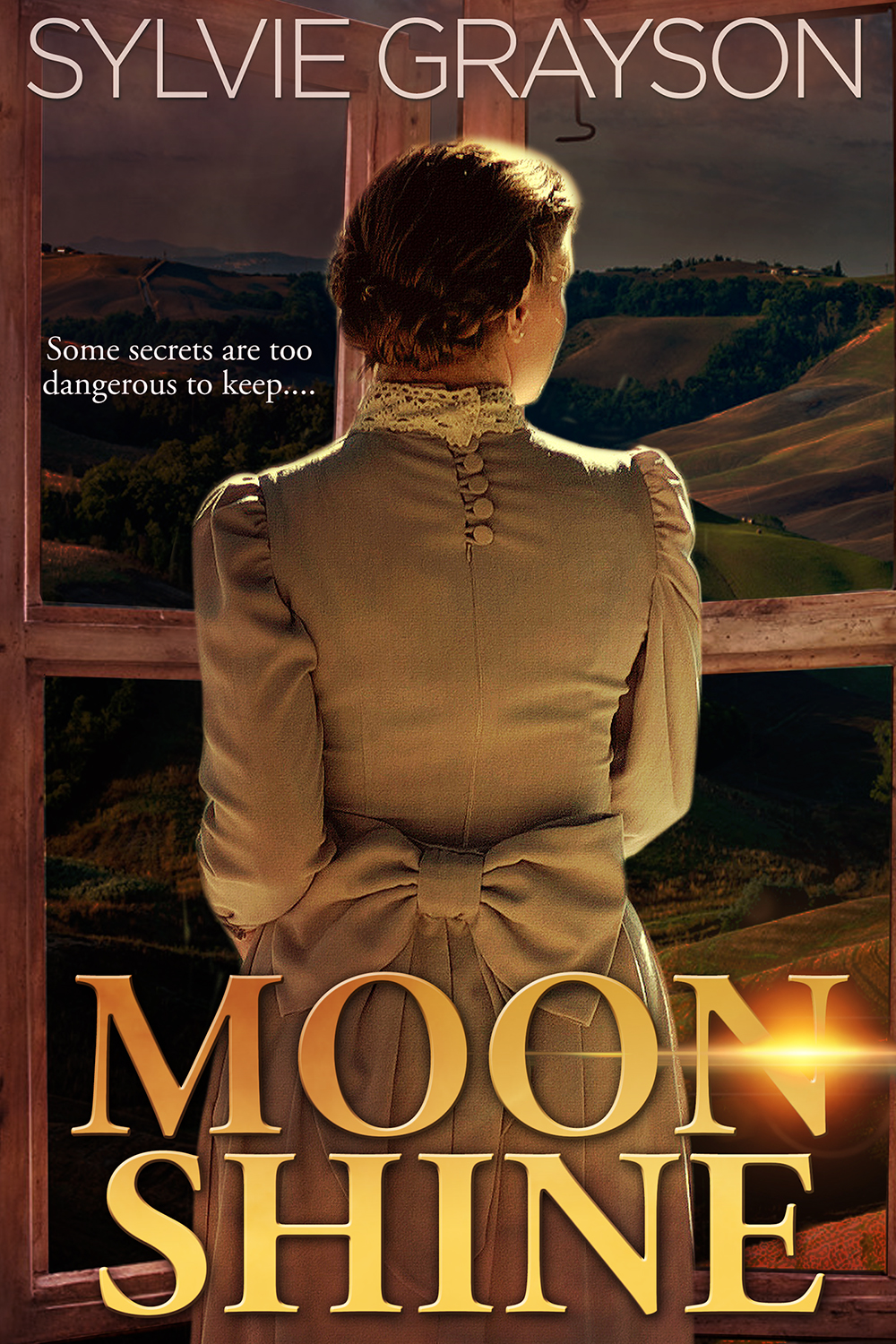Commas have come under heavy fire of late. Many writers feel they need to leave them out entirely, or use them only when absolutely necessary.
But we still have need of commas. They serve a very important function that allows us to quickly understand what we are reading without going back over and over the words again, trying to decipher where the emphasis should lie.
Here is an example from Author Marketing Experts:
- Let’s eat Grandma.
- Let’s eat, Grandma.
Did you laugh when you read that? I did. It’s a simple example of why I’m sometimes very confused when I read some authors’ work.
Another example is this:
- Listen, you dumb computer—I’ve had it with you.
- I will give you a biscuit, Fido, if you sit.
- Hey, everyone, hurry up!
Again, it illustrates why the use of the comma to designate the person/object that is being addressed just makes sense. To see the whole article, go to http://www.livewritethrive.com/ and scroll down to ‘Let’s Not Eat Grandma’. Tongue in cheek, of course.



